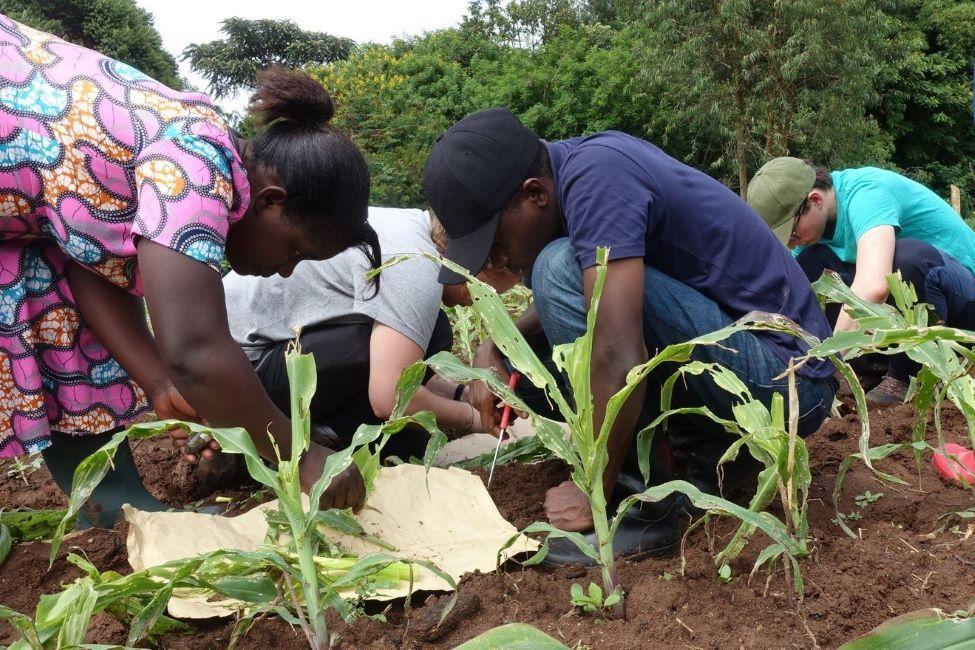Biological control of the fall armyworm with entomopathogenic nematodes for enhanced food security in Africa

Background
The fall armyworm (FAW), scientifically known as Spodoptera frugiperda, has emerged as a significant threat to food security in Africa and Asia due to its recent invasion and rapid spread. This pest poses a particular danger to staple crops like maize, as its caterpillars can cause extensive damage. The existing control measures are inadequate, prompting an urgent need for effective, safe, and sustainable solutions to manage this pest.
Aims
The proposed project aims to investigate and develop a formulation incorporating entomopathogenic nematodes (EPN) as biological control agents against FAW caterpillars. The project seeks to leverage recent advancements in pest control methods, specifically adapting a novel application technique for EPN previously successful against soil-dwelling insects for use against aboveground foliar pests like FAW. Collaborating with experts in various fields and regions, the project intends to identify suitable EPN strains, optimize formulations, and conduct field tests to assess efficacy under real-world conditions. Additionally, the project aims to engage local farmers, particularly female and young farmers, in adopting and practicing this sustainable pest control strategy, ultimately enhancing household resilience and creating new job opportunities.
Relevance
The development of a locally produced biocontrol formulation for FAW represents a crucial response to the current reliance on pesticides, which pose environmental and health risks while often proving ineffective against FAW infestations. By providing an affordable, safe, and easy-to-apply alternative, the project aims to mitigate the impact of FAW on food security in Africa and Asia. Furthermore, the project's focus on engaging and empowering local farmers underscores its potential to foster sustainable agricultural practices and community resilience in the face of emerging agricultural challenges.
